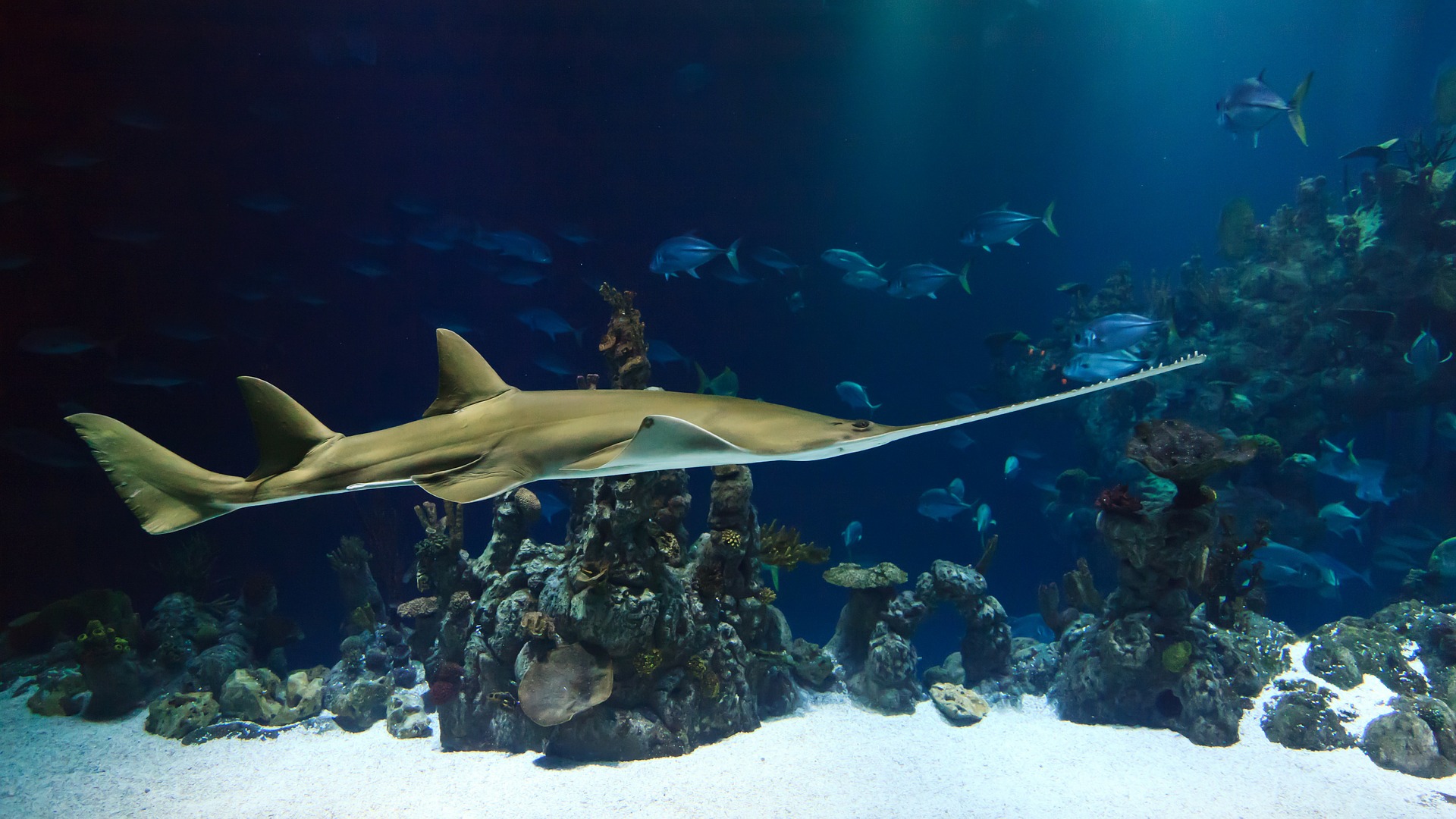Aller au contenu principal

WHAT IS SARGASSUM
Sargassum is a genus of large brown algae that includes over 300 species. Two prevalent species in the Atlantic Sargassum natans and Sargassum fluitans, are found in free-floating mats, held afloat by gas-filled bladders.
This floating habitat provides food and protection for fishes, mammals, marine birds, crabs, and more. It serves as a critical habitat for threatened loggerhead sea turtles and as a nursery area for a variety of commercially important fishes such as mahi mahi, jacks, and amberjacks. Various marine life above and below the water rely on floating mats of Sargassum (NOAA 2014).
Starting in 2011, floating Sargassum began to impact coastal communities around the Atlantic.
Once confined to the Sargasso Sea, recent studies suggest that changing wind patterns has caused Sargassum to proliferate across the tropical Atlantic (Johns et al. 2020). Thousands of tons of Sargassum end up on beaches in the Caribbean, Americas, and West Africa. It releases gas that smells like rotten eggs, which attracts flies, deters tourists, and causes respiratory problems. Mounds of algae on beaches and dense mats in the ocean harm marine ecosystems and disrupt recreation and fishing, costing local communities millions of dollars. Removal and containment efforts are often expensive and puts marine life at risk.
Sargassum Information Hub
GEO Blue Planet, IOCARIBE, AtlantOS, and the AIR Center developed the Sargassum Information Hub to provide information about sargassum in the Tropical Atlantic.
The Hub provides information about:
-
What sargassum is and why it is important
-
Monitoring and forecasting of sargassum in the tropical Atlantic
-
Management of sargassum
-
Ongoing research about sargassum
-
Upcoming and past events
-
Sargassum news
GEO Blue Planet led the development of the content in collaboration with IOCARIBE and AtlantOS. The AIR Centre provided the resources for website design by Scite. The Sargassum Information Hub is open to contributions from the community of practice.




